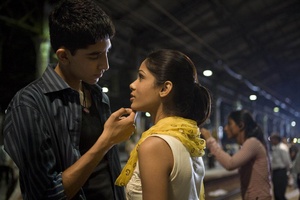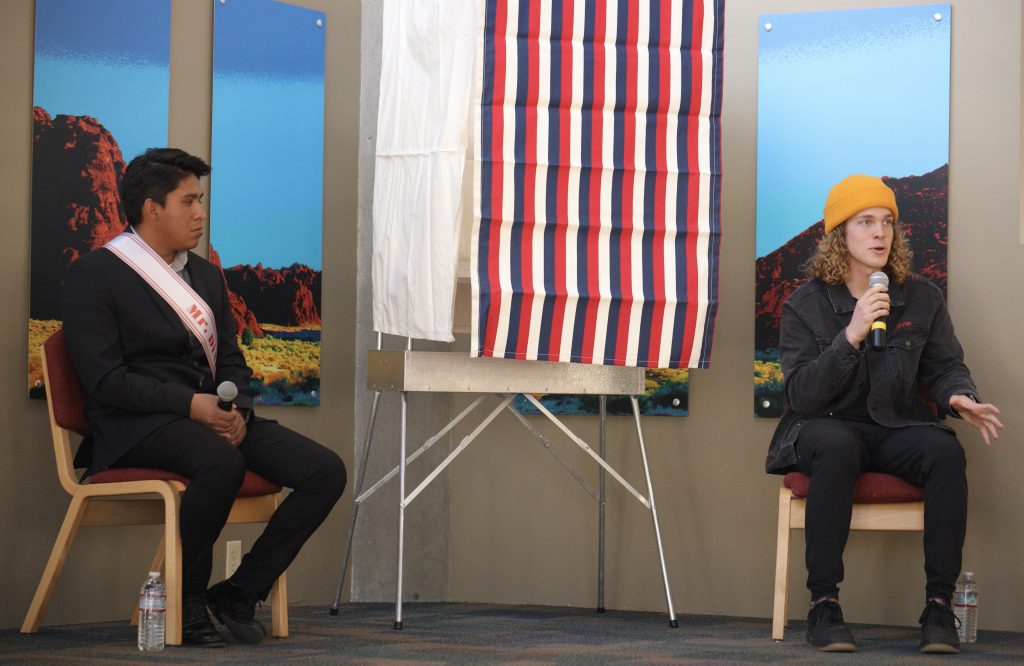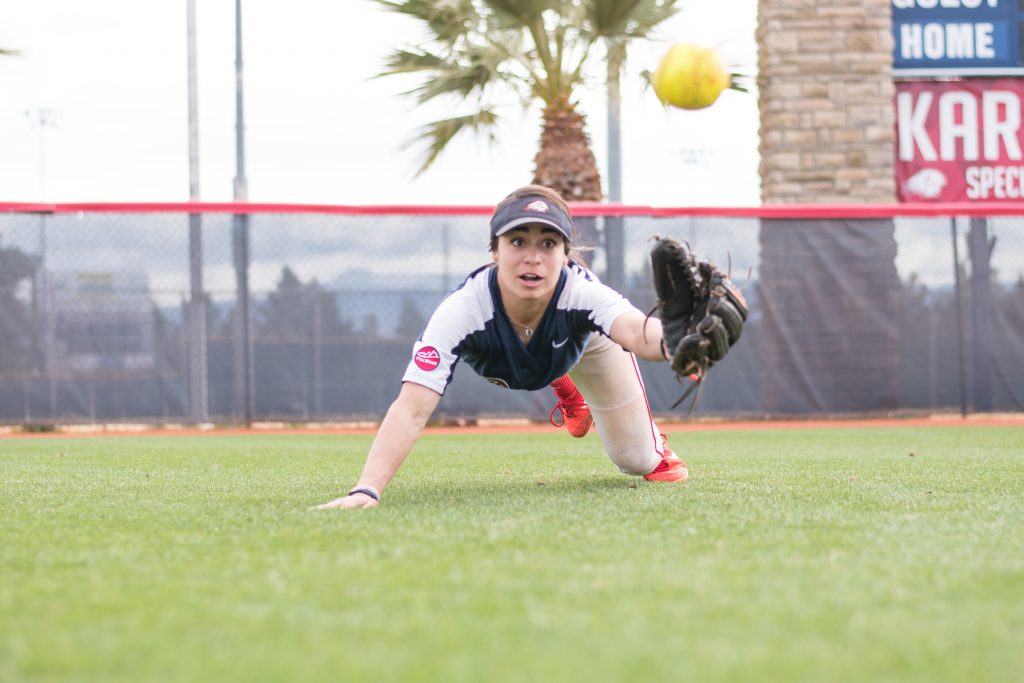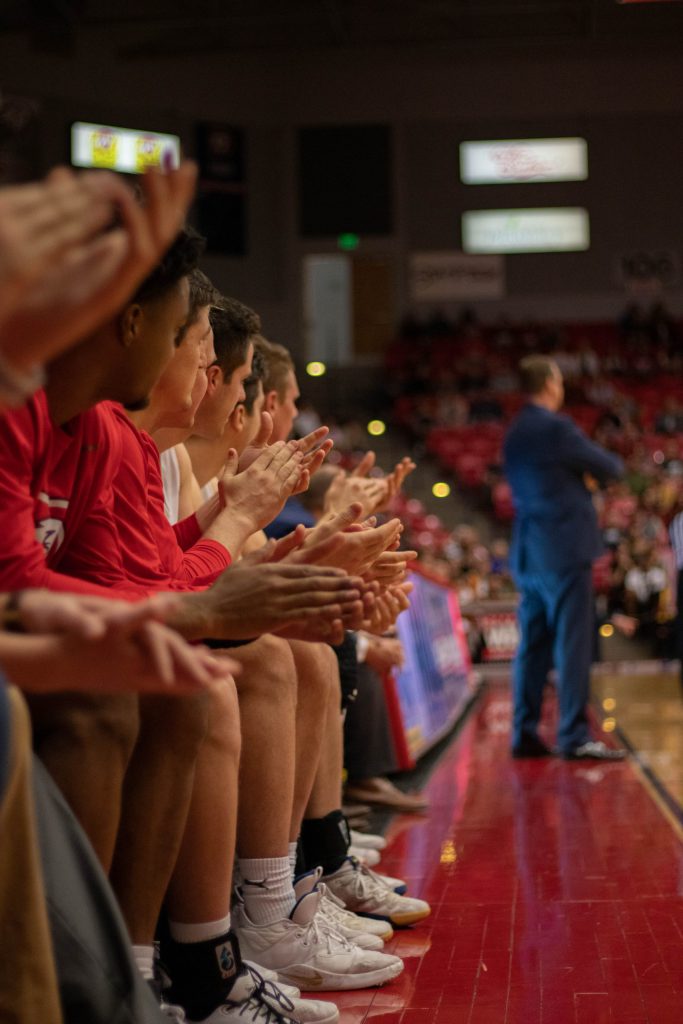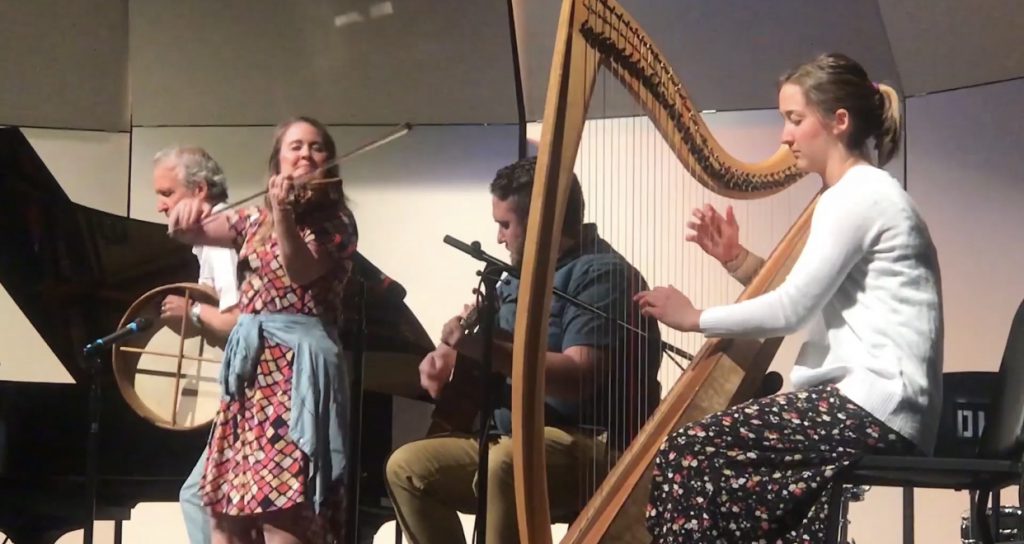Dixie State University students voiced their concerns for family student housing on campus.
According to DSU’s Data, around 9,000 students enrolled at DSU for fall 2016. Between the Dixie View Apartments and the Morgan Apartments, only 32 units are dedicated to students who are married and/or have children. With limited availability, those interested in applying to live in student family housing are put on a waiting list.
“We got on the waiting list, and they didn’t even contact us until a year later,” said James Beard, a senior music major from St. George. “We forgot we even applied for the [Morgan Apartments].”
As a result, these limited options force married students to find off-campus housing.
“I didn’t bother applying for [on-campus family student housing] because I heard it took so long,” said Josey Harris, a junior physical therapy assistant from Dubois, Idaho. “We end up paying more [for off-campus housing] just because we are married.”
Beard said looking for off-campus housing also poses other issues.
“It was hard just to find anything close to [DSU],” Beard said. “We called a bunch of apartment management places, and they said ‘we don’t have anything below $700 a month, so if you’re not able to afford that, don’t bother calling.’”
Jordan Noyes, a senior dental hygiene major from Cleveland, said her and her husband ended up living in a garage for several months because it was all they could afford in St. George. Noyes said she recommends getting on the DSU waiting list, but also broaden your search to Hurricane and Washington for cheaper apartments.
Some married couples also resort to living in single student housing. Avalon Apartments Manager Christian Styles said married couples can live in single student housing as long as they abide by the apartment’s regulations. For single student housing, the apartments are only same-sex oriented.
However, Braegger said he and his wife didn’t like the idea of living separately in single student housing, so finding an affordable place to live was stressful.
“[DSU] just needs more,” Beard said. “There are so few good family housing close to campus.”
Seth Gubler, director of resident housing and student life, said he isn’t aware of any plans to build additional student family housing. However, he said he heard there was interest from a private developer to potentially build student family housing.
“I know that if we build a second [on-campus housing] similar to [Campus View Suites] that we might convert some of our single student housing to family student housing,” Gubler said.
Noyes said integrating more family housing could possibly gather more revenue for DSU. Noyes said students take into account the limited housing available in St. George in comparison to other colleges up north.
“Although it isn’t a guarantee, it’s a plan DSU may consider in the future because there is a demand for family student housing,” Gubler said.

